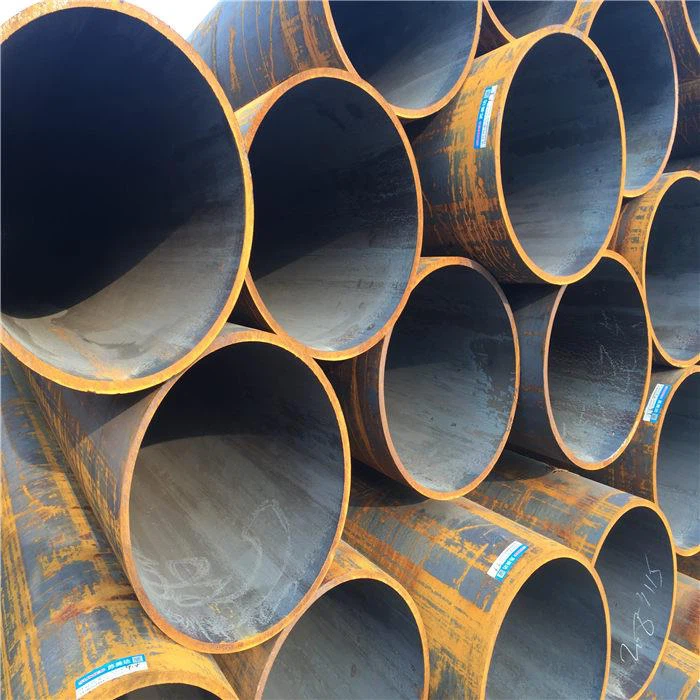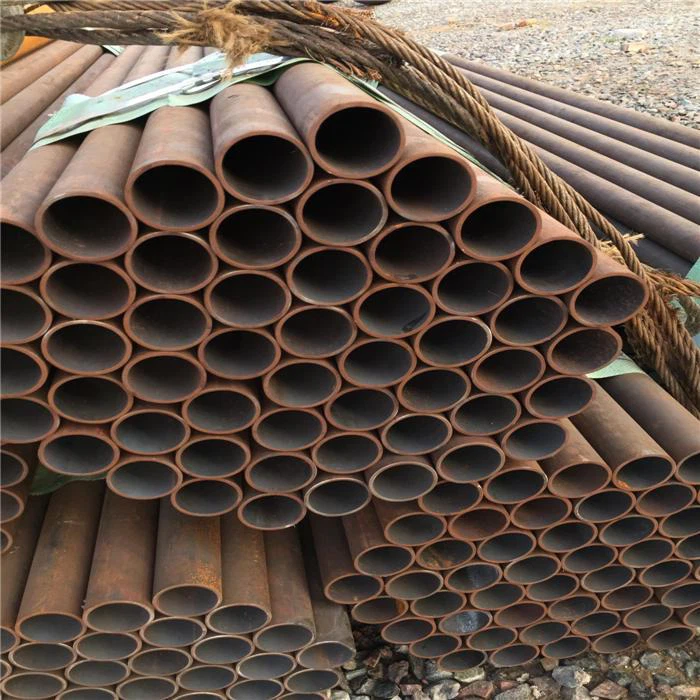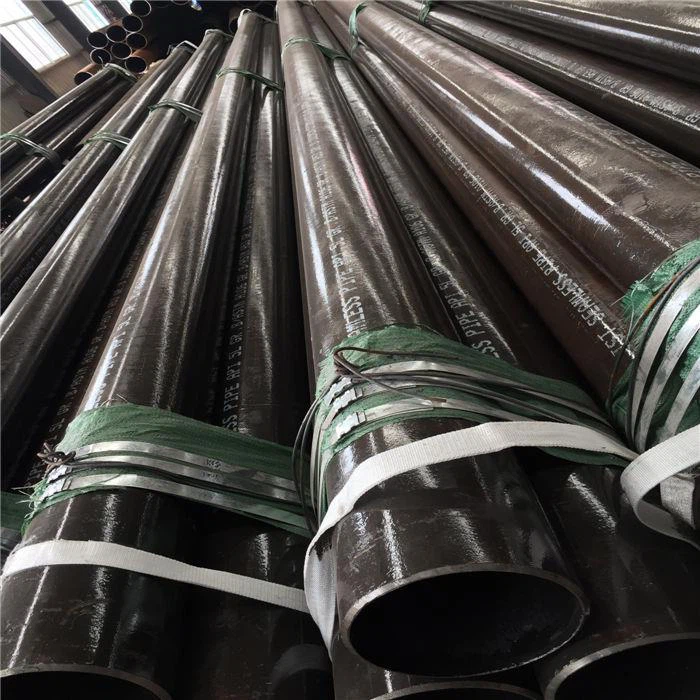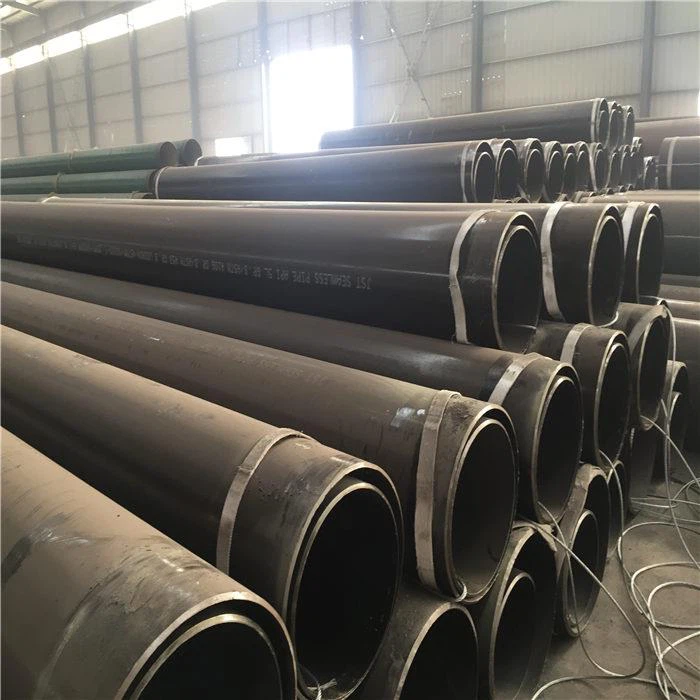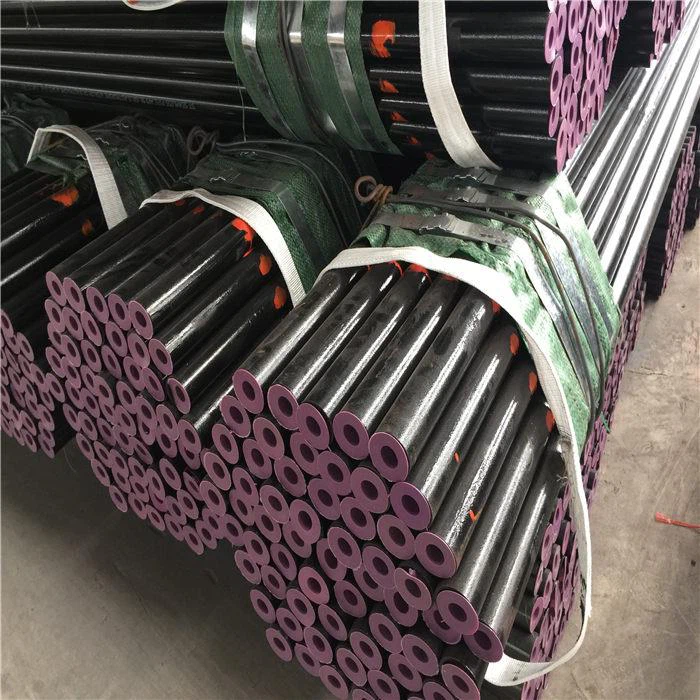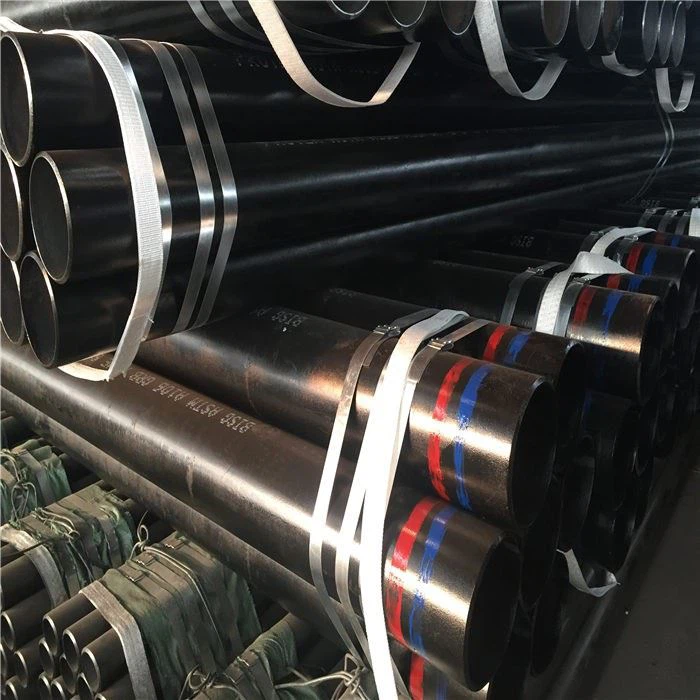Definition and significance of heat treatment of steel pipe
Heat treatment of steel pipe is a process method to change the internal organization of steel pipe through the operation of heating, holding and cooling the steel pipe in the solid state, so as to obtain the required performance. Usually according to the requirements of the purpose, the heat treatment process of steel can be divided into: annealing, quenching + tempering, tempering treatment, and surface treatment.
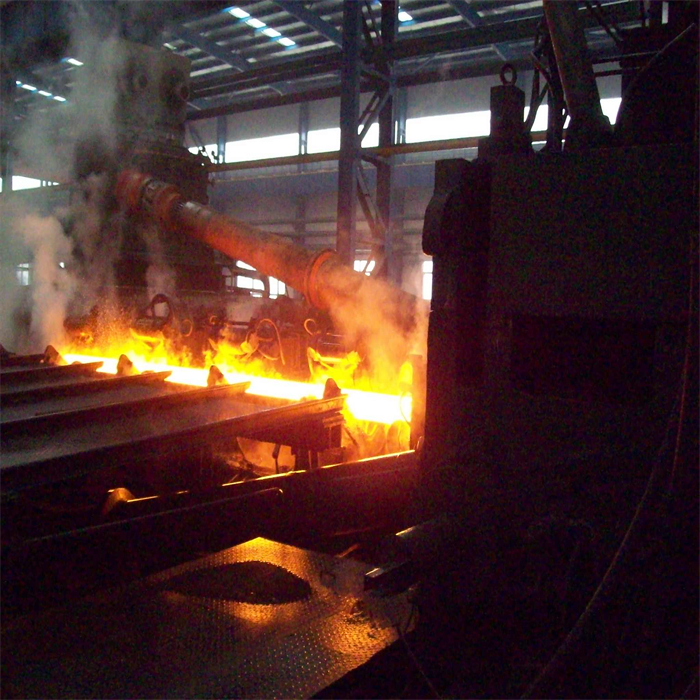
The heat treatment can give full play to the potential of the steel pipe, improve the performance of the steel pipe, reduce the weight of the steel pipe, save materials and reduce costs, and extend the service life. On the other hand, the heat treatment process can also improve the processing performance of the steel pipe, improve the processing quality, and reduce tool wear. At the same time, some physical and chemical indexes of steel pipes must be obtained through heat treatment. Such as: high resistance to H2S stress corrosion, stainless steel pipe strengthening.
The heat treatment process improves the physical and chemical indexes of the steel pipe, such as strength and toughness, so as to meet the requirements of users and improve economic benefits.
In the hot-rolled seamless steel pipe plant, the on-line normalization process significantly simplifies the process flow and reduces the production cost. In steel pipe processing plants, high value-added steel pipes are mainly produced by tempering treatment, especially TP series corrosion resistance, crush resistance, both corrosion and crush resistance and ultra-high strength non-API petroleum special pipes.
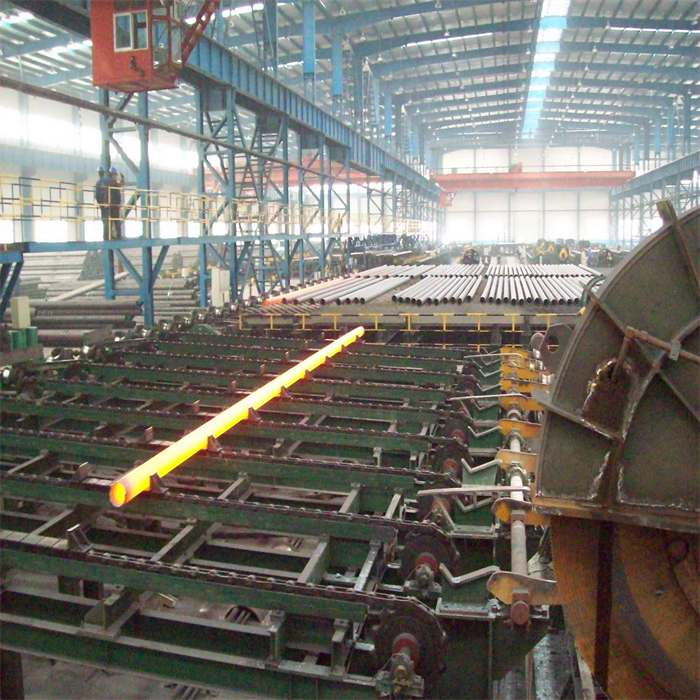
Galaxy Company Hot Sale Steel Pipe Products:
OCTG, casing, seamless steel pipe, line pipe, boiler tube, ASTM A333 pipe, API 5L pipe,, welded steel pipe, steel pipe inventory, Chinese pipe factory, API 5L X52 pipe, pipe fittings, tubing, API 5CT pipe, Steel pipe


